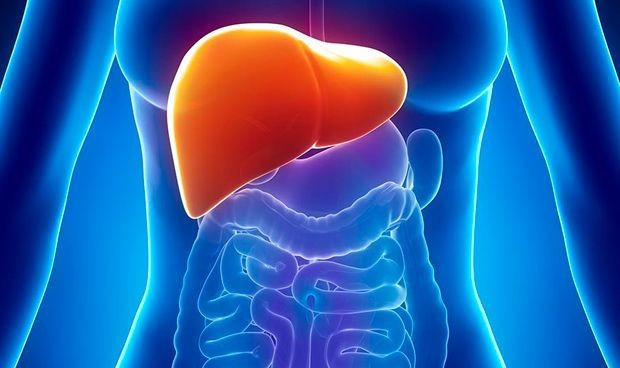
SURGICAL PROCEDURE AND TYPES OF LIVER TRANSPLANT
Monday, November 4, 2019Liver is the most important organ in the body. It forms a part of the digestive system. The liver is a multi tasking organ in the body. It makes the enzymes required for digestion of food such as bile. It removes unwanted toxins from the food we eat, stores fat, minerals, and requisite particles required for the smooth functioning of the body. It produces bile, the most important enzyme for digestion. It also produces different types of proteins quintessential for requisite bodily functioning.
When and why is a Liver transplant required?
A liver transplant is the last option in case of progression of liver disease. A liver that is not able to perform its functions to its optimum is termed as a diseased liver. Excessive alcohol intake is the major reasons liver is affected by cirrhosis. Sometimes Hepatatitis A & B which continue even after medications damage the liver by scaring it. In small kids affected with billary atresia, liver transplant is suggested.
Types of liver Transplant:
Liver transplant is done in two different ways. A cadaver method is procedure, wherein the liver is obtained from a dead person within few hours from death) or brain dead person. The harvested liver replaces the malfunctioning liver. Utmost care must be taken to find the exact match or donor.
Alternatively a healthy person preferably blood relations can donate a part of his or her liver to the ailing patient. The extracted part of the liver placed in place of the injured liver, and after successful it transplant it grows to the desired size and starts functioning. The donor also will not experience any kind of complications and can continue with normal activities.
Procedure for liver transplant:
A liver transplant is a very specialized procedure and requires the best possible team of doctors and proper medical facilities. In living donor transplant or cadaver transplant the liver is stored in saline water for less than eight hours until the necessary tests are performed and the donor is prepared for the surgery. Expert team of doctors then make incisions and pull out the old liver and replace the same with the new, by attaching the same to the ducts of the blood vessels. It is a lengthy procedure to be performed with utmost precision which takes about 8 to 10 hours. The patient has to be monitored round the clock immediately after the surgery.
Who cannot undergo liver transplant:
Liver transplant cannot be risked in patients with other underlying ailments such as heart or kidney problems, excessive drinking, and uncontrolled hepatititis. Persons suffering from tumors, cancer, tuberculosis, may not be suitable for liver transplant.
Recover by mode:
During the recovery mode the patient must be give proper care. Firstly the instructions as told by the doctors have to be adhered to. Diet must be administered as per time table. Occurrence of infections must be prevented, and the patient recovers faster. Normal activities can be resumed gradually after a month.
